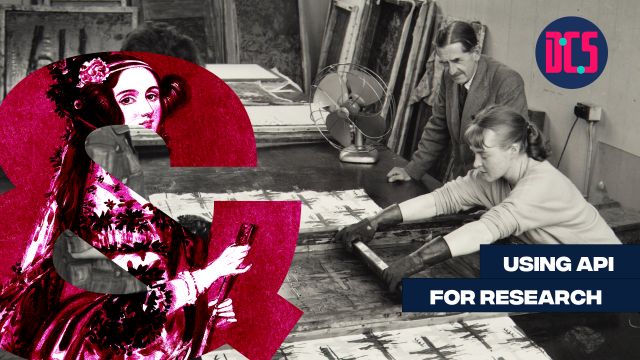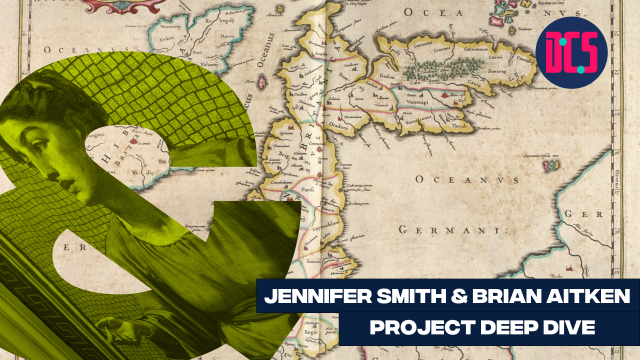The Flickr Foundation's 100 year plan

EFI, Creative Informatics and CDCS welcome you to a workshop, collaborating with Flickr.org
The Flickr Foundation is a new institution created to preserve and display the huge Flickr photography collection - consisting of 10 billion photographs uploaded by users and institutions worldwide since 2004 to Flickr.com - for generations to come. This needs multi-generational thinking; a 100-year plan. A document that guides priorities and decisions, maintained by the community of the Flickr Foundation for years to come.
We welcome you to a workshop to discuss and develop what a plan with this long-term outlook should contain, and what it could exclude.
We will explore ideas around what a co-operative social structure around the Foundation could be like, what it should be responsible for, and how it would relate to the corporation which owns the codebase that runs Flickr and is responsible for its performance.
There are a ton of questions to explore together, and we would love to know your thoughts, ideas and futures! We look forward to welcoming you at Levels Café, 9C Holyrood Rd, EH8 8FQ.
As of March 2022, the government formally removed all Covid restrictions in the UK. We ask that you continue to be considerate of others’ personal space, and please do not attend if you feel unwell or have any of Covid symptoms.












